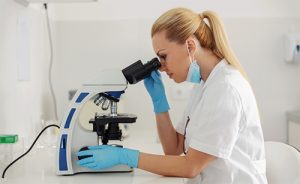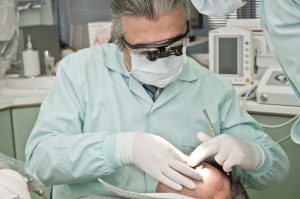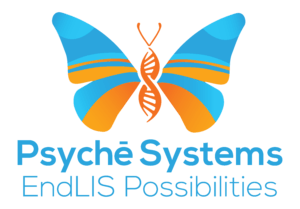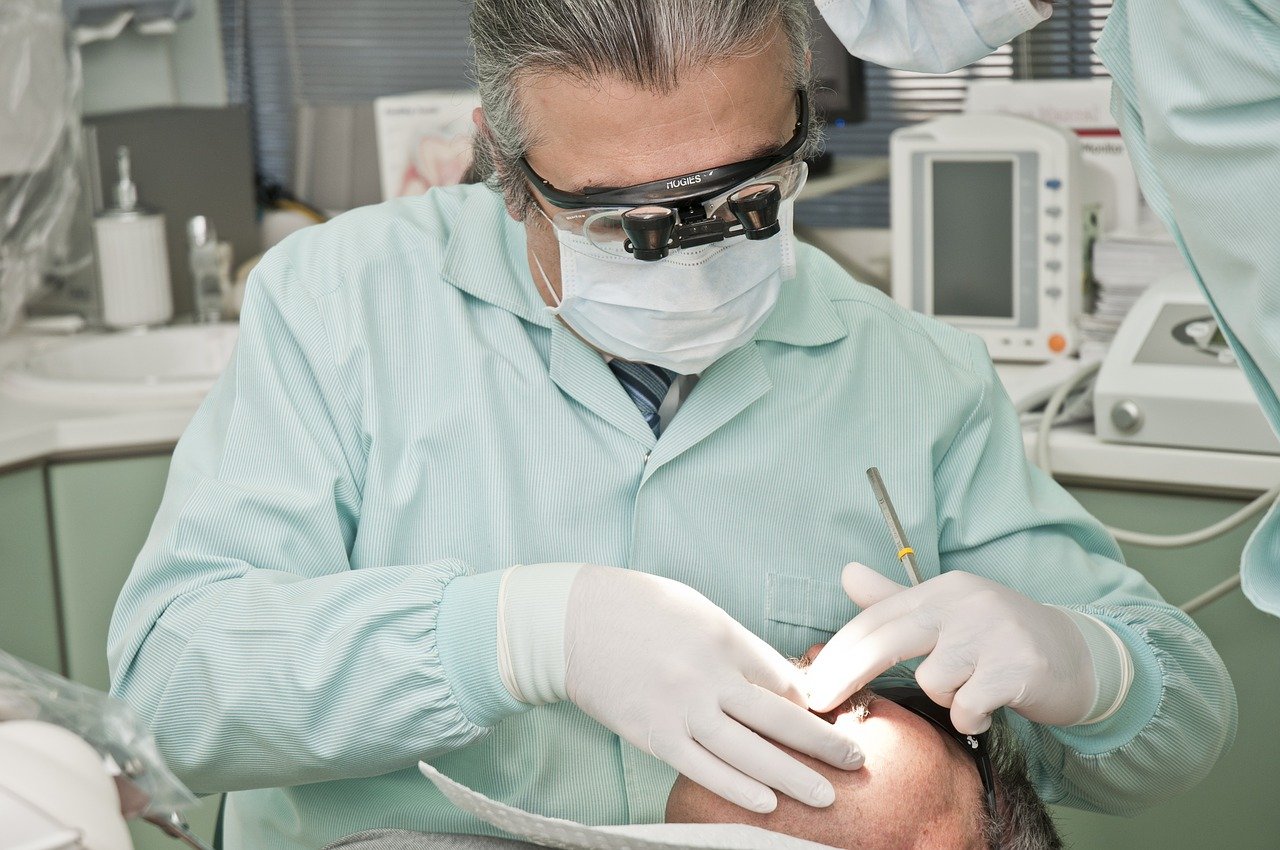How Cytogenetics Impact Dental Pathology
 Dental pathology isn’t necessarily the first thing that comes to mind regarding cytogenetics. However, combining these two worlds has powerful potential. Psychē Systems‘ medical diagnostic software supports labs entering submarkets like dental pathology and are here to help.
Dental pathology isn’t necessarily the first thing that comes to mind regarding cytogenetics. However, combining these two worlds has powerful potential. Psychē Systems‘ medical diagnostic software supports labs entering submarkets like dental pathology and are here to help.
What Are Cytogenetics?
Cytogenetics is the microscopic study and analysis of chromosomes within the nucleus. It is effective in testing samples for genetic diseases. The study analyzes the structure and number of chromosomes. Its main goal is to identify changes.
In cytogenetics, researchers test samples of blood, bone marrow, or tissue to look for changes in the patient’s chromosomes. These differences include missing, rearranged, or broken chromosomes. Next, research scientists analyze test results for other signs of a genetic disease or specific kinds of cancer.
In the clinical world, cytogenetics is used in many ways. For example, cytogenetics can identify whether a patient has any genetic diseases. By studying cytogenetic tests, medical professionals determine a treatment plan or discover if an existing treatment plan is working.
Cytogenetics is an essential tool in identifying and treating genetic diseases. The genetic nature of oral diseases means cytogenetics shows incredible promise.
Cytogenetics and Dental Pathology
The genome plays a role in dental development, treatment, and prevention of disease. Cytogenetics identifies individual types of chromosomes. Translocations or deletions allow the opportunity to diagnose specific diseases with precision.
A team of researchers at the University of Adelaide in Australia studied the primary genetic and environmental influences on dental development and oral health. They concluded that oral health care benefits from new research in this area, which uncovers opportunities for diagnosis, treatments, and prevention. The genome affects dental development and oral diseases and the oral microbiota is a factor in the state of oral health.
With the possibility of constructing an epigenetic profile of a patient, it’s now possible to provide more personalized care. Other oral health improvements resulting in information obtained from cytogenetics include the causes of periodontitis and the development of oral cancer.
The Significance of Cytogenetics and Oral Cancer
 According to the Oral Cancer Foundation, close to 54,000 Americans will be diagnosed with oral or oropharyngeal cancer this year. It causes over 9,750 deaths a year, killing roughly 1 person per hour, 24 hours per day. Of those 54,000 newly diagnosed individuals, only slightly more than half will be alive in 5 years.
According to the Oral Cancer Foundation, close to 54,000 Americans will be diagnosed with oral or oropharyngeal cancer this year. It causes over 9,750 deaths a year, killing roughly 1 person per hour, 24 hours per day. Of those 54,000 newly diagnosed individuals, only slightly more than half will be alive in 5 years.
While these numbers have improved slightly over the last few years, there is a long way to go with this disease. Oral cancer is often detected late. That is one of the reasons for its lower survival rate over other cancers.
Oral cancer is affected by behavioral choices, such as tobacco use and environmental factors, to a degree. However, as we learn more about cancer, we’ve realized genetic factors also play a role.
Genetics and Oral Cancer
We know that all cancers result from mutations in genes that manage cell behaviors. Mutated genes may result in a cell that grows at an uncontrolled rate, is unable to repair DNA damage within itself, or the gene refuses to self-destruct or die.
It takes more than one mutation to turn a cell cancerous. Specific classes of genes mutate several times to result in a neoplastic cell, which then grows in an uncontrolled manner. When a cell becomes mutated to this point, it can pass on the mutations to all of its progeny when it divides.
Per the Oral Cancer Foundation, “Genetic mistakes randomly happen each day in the course of our bodies replacing billions of cells. Besides these random occurrences, genetic errors can be inherited, be caused by viruses, or develop as a result of exposure to chemicals or radiation. Our bodies normally have mechanisms that destroy these abnormal cells.” Scientists are now discovering some of the reasons this fails to take place, causing cancer to develop.
A critical component of these discoveries is the cytogenetics. As it relates to dental pathology and oral cancer, there is room for advancing our genetic understanding of this disease that could lower the mortality rates.
The Future of Cytogenetics and Dental Pathology
As we increase our understanding of the role genetics plays in dental pathology, a submarket for cytogenetics has evolved in this area. The future of this field is very promising, and even more advancements in preventing and treating serious diseases like oral cancer are possible. Genetics also plays a role in gum disease and oral inflammatory conditions. Cytogenetics is a means of further understanding these conditions to promote prevention and possibly improved treatments.
Including Dental Pathology Studies in your Cytogenetics Lab
As an area of growth, incorporating dental pathology research into your cytogenetics lab is an excellent option.
To get started, you need the best molecular genetics software. While there is growth in this field, it is also competitive. Launching a lab or upgrading your existing one with the latest and greatest software is crucial.
You also need scientists on your team who are experts in cytogenetic research. Additionally, having the best team is a way to outshine the competition in securing the dental pathology business. Also, follow that up with state-of-the-art equipment, and you are well on your way to taking your place at the forefront of cytogenetics for dental pathology.
How Psychē Systems Can Help
Psychē Systems offers enterprise medical laboratory software designed for the molecular diagnostic labs of today. We also provide products that allow you to streamline workflows for paperless results and customize your lab for specialty research.
Our OneVersion product provides a single deployed software version with seamless future updates for labs that need to implement or add new product features as they become available.
Our mission is to help medical diagnostics labs succeed with innovative software solutions. And we take that mission a step further and provide helpful information and tips for startup and existing labs.
Visit our website for more information today!

